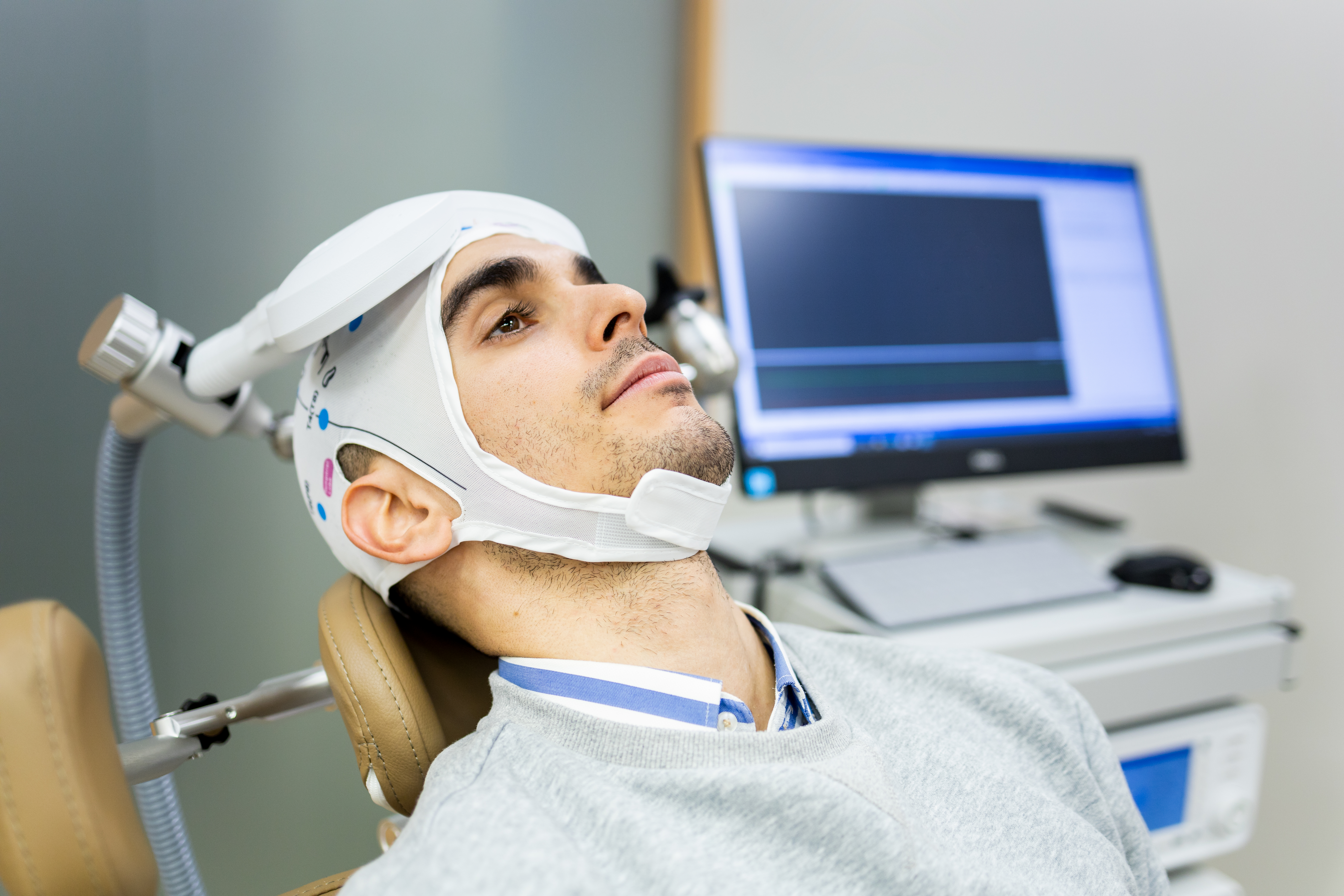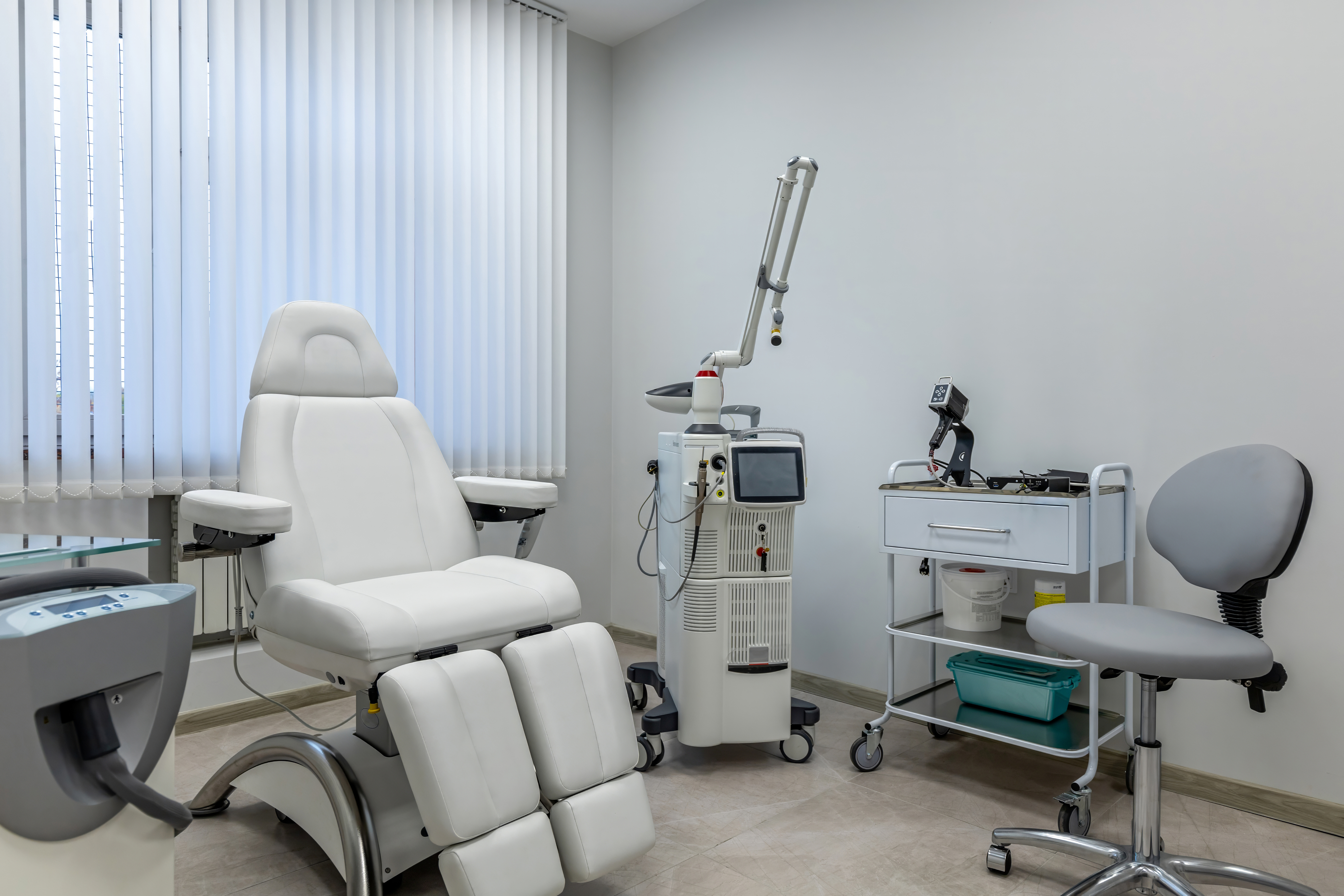Unlocking Healing: How Transcranial Magnetic Stimulation (TMS) Promotes Brain Recovery in Depression and Anxiety
You’ve tried countless treatments, yet the weight of depression or anxiety still holds you back. Transcranial Magnetic Stimulation (TMS) therapy offers a different way—targeting your brain to help it heal without surgery or drugs. In this post, you’ll learn how TMS promotes brain recovery and why it could be a hopeful option for treatment-resistant depression and anxiety. Explore our innovative TMS therapy today and take the first step towards reclaiming your mental health. Learn more about TMS therapy here.
Understanding TMS Therapy

Transcranial Magnetic Stimulation (TMS) might sound complex, but it’s a method that offers new hope for many. Let’s dive into what makes this therapy unique and how it can aid in mental recovery.
What is Transcranial Magnetic Stimulation?
TMS is a non-invasive procedure that uses magnetic fields to stimulate nerve cells in the brain. It’s primarily used when other treatments haven’t worked. The process involves placing a coil on the scalp that sends magnetic pulses to targeted areas of the brain. These pulses help activate regions that have decreased activity in people with depression. This therapy requires no anesthesia and lets you continue your daily life without significant disruptions. Sessions typically last 30 to 60 minutes and are done five days a week over four to six weeks. This frequency helps gradually improve mood and mental wellness.
How TMS Promotes Brain Recovery
TMS works by awakening parts of the brain that are underactive in depression. By focusing on these areas, it helps to rebalance brain chemistry. This stimulation can lead to improved mood, energy, and overall mental health. Unlike medications that affect the entire brain, TMS targets specific areas. This targeted approach can lead to fewer side effects, making it a compelling alternative for those who’ve struggled with traditional treatments. Studies show that about 50% to 60% of people with depression experience a significant improvement with TMS. If you’re curious about how TMS is transforming lives, check out this in-depth exploration.
Benefits of Non-Invasive Mental Health Therapy
Choosing a non-invasive option like TMS means experiencing relief without the risks associated with surgery or medication. TMS therapy is safe, with minimal side effects. Common ones might include mild headaches or scalp discomfort, which often lessen after the first few sessions. This therapy is done in a clinic, allowing you to return to your normal activities afterward. It’s a beacon of hope for those who have felt stuck in their mental health journey. By opting for TMS, you invest in a future where mental wellness doesn’t come at the cost of your day-to-day life. Curious about non-invasive mental health treatments? Learn more here.
TMS for Depression and Anxiety
![]()
Understanding TMS is just the start. Let’s explore how it specifically helps in treating depression and anxiety, offering new solutions for those who struggle.
Effective Depression Treatment Options
Depression can feel overwhelming, especially when traditional treatments fall short. TMS offers a fresh approach. For many, it brings about significant improvement and sometimes even remission. Unlike medication, which can take weeks to show effects and may bring unwanted side effects, TMS often begins to show benefits within a few weeks. This can be a game-changer, especially when life feels like it’s on hold. If you’ve tried medications and still feel stuck, TMS may be the lifeline you need. The Cleveland Clinic provides further insights into how TMS can make a difference.
Anxiety Treatment with TMS
While TMS is often associated with depression, it’s also effective for anxiety. By targeting the brain’s fear centers, it helps reduce symptoms and promote calmness. Anxiety can manifest in many forms, including panic attacks and chronic worry. TMS works by soothing these overactive areas, helping you find peace. Imagine a life where anxiety doesn’t control your thoughts and actions. With TMS, many experience that, finding relief that feels out of reach with other treatments. For an informed look at how TMS helps manage anxiety, explore this resource.
Who Benefits from TMS Therapy?
TMS is particularly beneficial for those with treatment-resistant depression or anxiety. If you’ve tried multiple medications without success, TMS can be a new path. It’s suited for adults who have not found relief with medication or therapy alone. Notably, TMS is also a safe option for those who prefer avoiding the side effects of drugs. People often find it a relief to know there’s a method that doesn’t require altering their entire routine or dealing with significant side effects. It’s about reclaiming life without being weighed down by treatments that don’t work.
Exploring New Treatment Paths

Now that you see how TMS aids recovery, let’s focus on new paths. Overcoming challenges like treatment-resistant depression requires innovative solutions and a willingness to explore.
Overcoming Treatment-Resistant Depression
If depression has persisted despite various treatments, you’re not alone. Treatment-resistant depression affects many, but TMS offers hope. This therapy provides a new avenue when other methods fail. By directly targeting brain regions tied to mood, TMS helps many regain a sense of normalcy. It’s a lifeline that doesn’t involve the trial and error of medications. People who’ve felt hopeless find new light with TMS, experiencing joy and motivation once more. For those battling persistent depression, considering TMS could be the crucial step towards recovery.
Innovative Mental Health Solutions
The mental health field is continually evolving, and TMS stands at the forefront of this progress. As a non-invasive therapy, it challenges the notion that effective treatment must be invasive or involve complex drug regimens. By focusing on brain stimulation, TMS opens possibilities for those who feel like they’ve exhausted all options. It’s about breaking the cycle of ineffective treatments and embracing something that genuinely works. This innovative approach changes lives, offering a fresh outlook and newfound resilience.
Taking the First Step Towards Healing
Embarking on a new treatment journey can feel daunting, but it’s also empowering. TMS gives you a chance to take control of your mental health. It’s about finding freedom from the constraints of depression and anxiety. By considering TMS, you’re choosing a path that values your mental well-being without compromising your lifestyle. The longer you wait, the more you miss the opportunity to feel better. Take that all-important first step towards healing with TMS, and embrace the possibility of a brighter, more balanced life.


